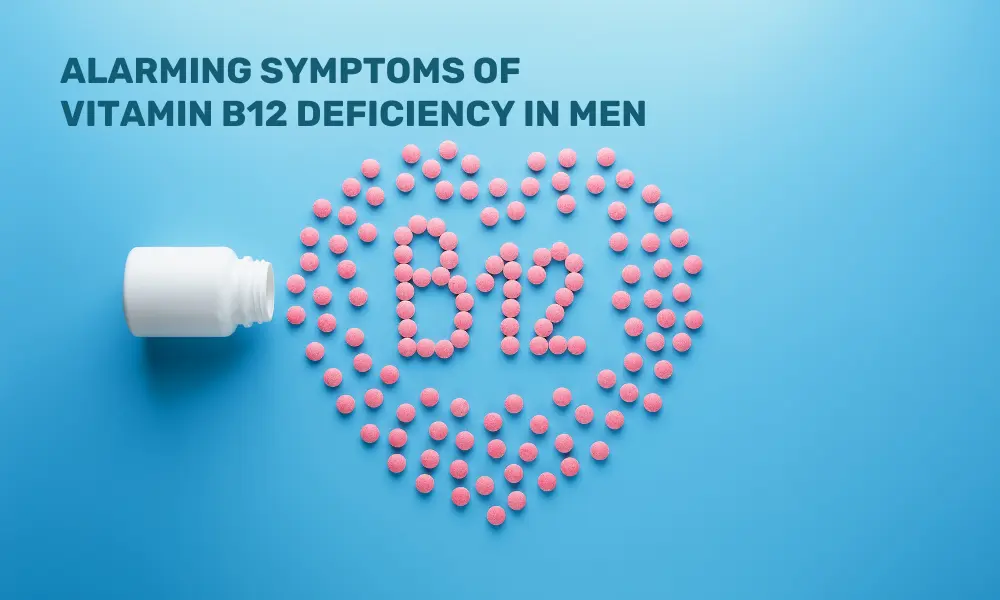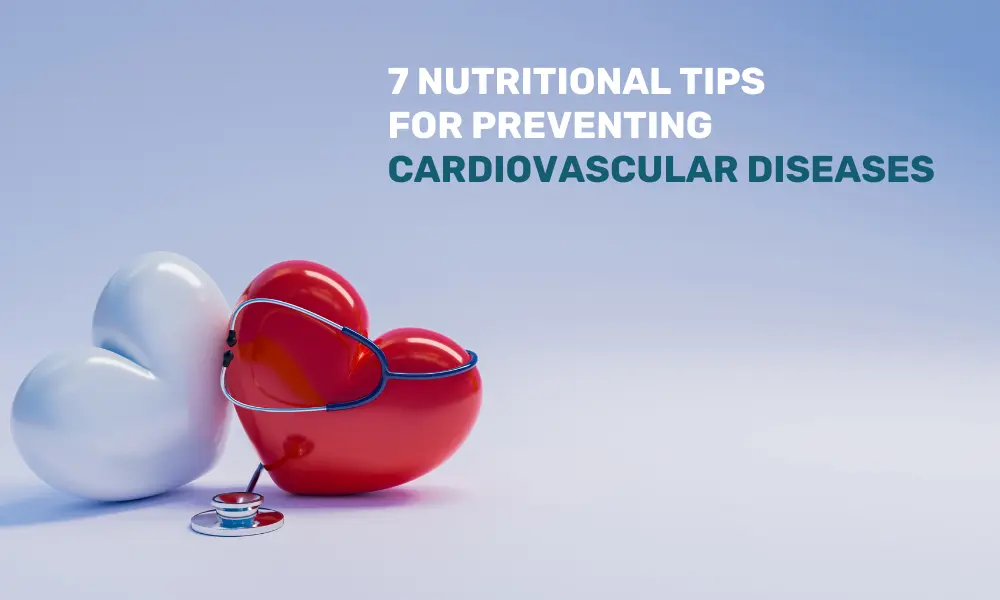Vitamin B12 is one of the most crucial nutrient that our body requires. It is abundant in many foods, but its deficiency and insufficiency are common.
According to experts, Vitamin B12 is a vital nutrient our body requires for energy production, DNA synthesis, and central nervous system function.
However, our body’s ability to absorb B12 from food declines with age, making deficiency more common in older adults, especially men over 40, who may have various signs and symptoms in their legs and feet.
Men in their 40s may become deficient in Vitamin B12 and report numbness or a sensation of pins and needles in their legs and feet, especially at night when they are resting. This can be attributed to nerve damage resulting from a dearth of Vitamin B12, which is crucial for healthy nerve cells.
Here are few alarming signs that suggest Vitamin B12 Defeciency
-
Tingling in hands or feet: Vitamin B12 deficiency causes pins and needles in the hands or feet. This symptom occurs because vitamins play an important role in the nervous system. Therefore, absence of crucial vitamins can cause nerve conduction problems or nerve damage in people. In the nervous system, vitamin B12 produces a substance – myelin that helps nerves transmit sensations and shields them. Without sufficient myelin, nerves are prone to damage.
-
Muscle weakness in legs and feet: One of the warning signs of Vitamin B12 deficiency is weakness and fatigue, especially concentrated in the legs and feet. These symptoms impact daily life and overall contentment.
-
Not able to walk properly: If you have difficulty taking strides or maintaining balance, it could be a sign of vitamin B12 deficiency. It happens because a lack of vitamins affects the nerves that coordinate muscle movements, causing coordination issues.
-
Swelling and inflammation: Swelling and inflammation in the legs and feet can also signal Vitamin B12 deficiency. Experts say this is caused by an imbalance in the body’s fluid dynamics.
-
Weakness in joints: A deficiency of vitamin B12 causes pain in the joints, which in turn causes discomfort and inflammation, often causing swelling, stiffness, and limited mobility. While sufficient levels of vitamin B12 are not a direct treatment for arthritis, they are crucial in supporting joint health and may help reduce certain symptoms.
-
Change in skin color: Vitamin B12 deficiency leads to pale and yellowing skin, especially on the legs and feet. These changes in skin color develop when a person’s body cannot produce enough red blood cells. Since vitamin B12 has a vital role in the production of red blood cells, it leads to megaloblastic anemia, which is associated with jaundice.
Treatment and prevention
To prevent vitamin B12 deficiency, one can get enough vitamin B12 from dietary sources. For those who cannot, they can consume B12 supplements under a doctor’s guidance. Those with trouble absorbing vitamin B12 may also need vitamin shots to treat their deficiency.
FAQ on vitamin B12 deficiency
What happens if vitamin B12 is low?
Without enough red blood cells, our tissues and organs don’t get enough oxygen, and our bodies don’t function well.
What are the general symptoms of vitamin B12 deficiency?
Symptoms of vitamin B12 deficiency may include weak muscles, numbness, trouble walking, nausea, weight loss, irritability, fatigue, and increased heart rate.
How can to increase vitamin B12 levels fast?
One can increase the amount of vitamin B12 in diet by eating more of foods that contain vitamin B12, such as:
-
Fish and shellfish
-
Fortified breakfast cereal
-
Beef, liver, and chicken
-
Low-fat milk, yogurt, and cheese
-
Eggs
Can one fully recover from B12 deficiency?
If one has a vitamin B12 deficiency, it may take up to six to 12 months to fully recover.
What is a normal B12 level?
Average values are 160 to 950 picograms per milliliter (pg/mL), or 118 to 701 picomoles per liter (pmol/L).





